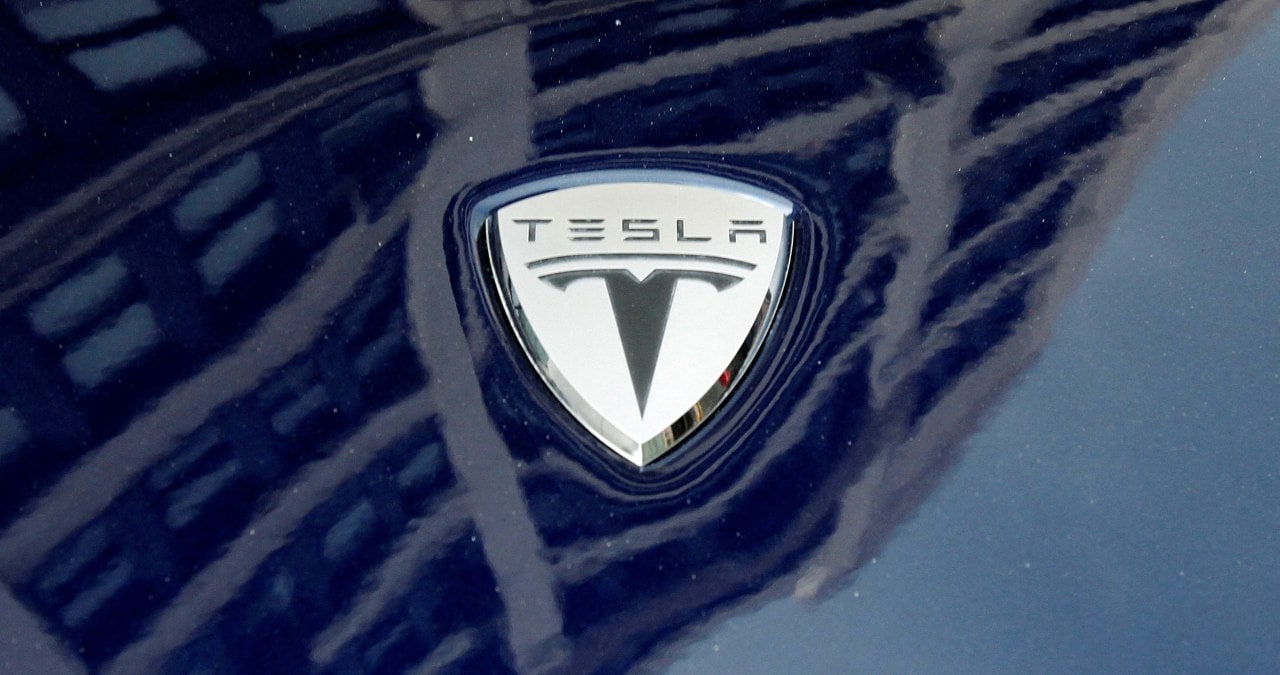Tesla Autopilot Crash to Put Legal Question of ‘Man vs Machine’ Driver Responsibility to the Test
A manslaughter trial set to begin in Los Angeles for a fatal crash caused by a Tesla operating on Autopilot presents a first-of-its kind test for the legal responsibility of a human driver in a car that was partly driving itself, legal experts say.
The trial, set to begin November 15, comes as civil cases head to trial next year over accidents involving Tesla’s Autopilot and adds to scrutiny of a system that Tesla co-founder Elon Musk has touted as a step to fully autonomous driving.
Critics say Tesla’s claims and Autopilot have contributed to accidents – and deaths – by making drivers inattentive.
The US Department of Justice is investigating whether Tesla itself should face criminal charges over its self-driving claims, Reuters reported.
The Los Angeles trial could shape public – and future jury – perceptions of Tesla and could be a test case for whether the technology has advanced faster than legal standards, legal experts say.
“Who’s at fault, man or machine?” Edward Walters, an adjunct professor at the Georgetown University law school who specialises in the law governing self-driving cars. “The state will have a hard time proving the guilt of the human driver because some parts of the task are being handled by Tesla.”
After midnight on December 29, 2019, Kevin George Aziz Riad, now 28, exited a freeway in Gardena, California, in a Tesla Model S, ran a red light and crashed into a Honda Civic, police say. The driver and passenger in the Civic, Gilberto Lopez, and Maria Guadalupe Nieves-Lopez, died at the scene. They were on their first date, relatives told the Orange County Register.
The car’s Autopilot system, which can control speed, braking, and steering, was engaged at the time of the crash.
Tesla does not face charges in the case, and legal experts say the bar for a criminal case against a company is high.
Tesla did not respond to Reuters’ request for comments. Tesla says on its website that its driver assistance systems “require active driver supervision and do not make the vehicle autonomous.”
The family of Gilberto Lopez is suing Tesla with trial scheduled for July.
“I can’t say that the driver was not at fault, but the Tesla system, Autopilot, and Tesla spokespeople encourage drivers to be less attentive,” Donald Slavik, an attorney whose firm is representing Lopez’s family in a lawsuit against Tesla, told Reuters.
Slavik said Tesla understood the risks of its system but failed to manage those. “Tesla knows people are going to use Autopilot and use it in dangerous situations,” he said.
Musk said in September that he believed Tesla had a “moral obligation” to roll out what he calls “Full Self Driving” software, even if it was not perfect and Tesla were sued, because doing so could save lives.
Prosecutors have said Riad’s speeding and failure to brake was reckless. His lawyer, Arthur Barens, said in May that Riad should not be charged with a crime. Both declined to comment further.
Robert Blecker, a criminal law professor at New York Law School, said the probe by the Justice Department (DOJ) of Tesla’s claims could make it harder for California prosecutors at trial.
“The DOJ probe helps him because his claim is going to be ‘I relied on their advertising. Therefore, I was not aware of the risk there,'” Blecker said.
The legal and regulatory scrutiny of Tesla could shape perception of the company, a risk as it looks to defend itself in coming lawsuits, said Bryant Walker Smith, a law professor at the University of South Carolina, who is also an adviser on new transportation technology.
“The narrative of Tesla potentially shifts from this innovative tech company doing cool things to this company just mired in legal trouble. That is the risk, and narrative is very important in civil litigation because both sides tell a jury a story,” he said.
© Thomson Reuters 2022
Check out our Latest News and Follow us at Facebook
Original Source







